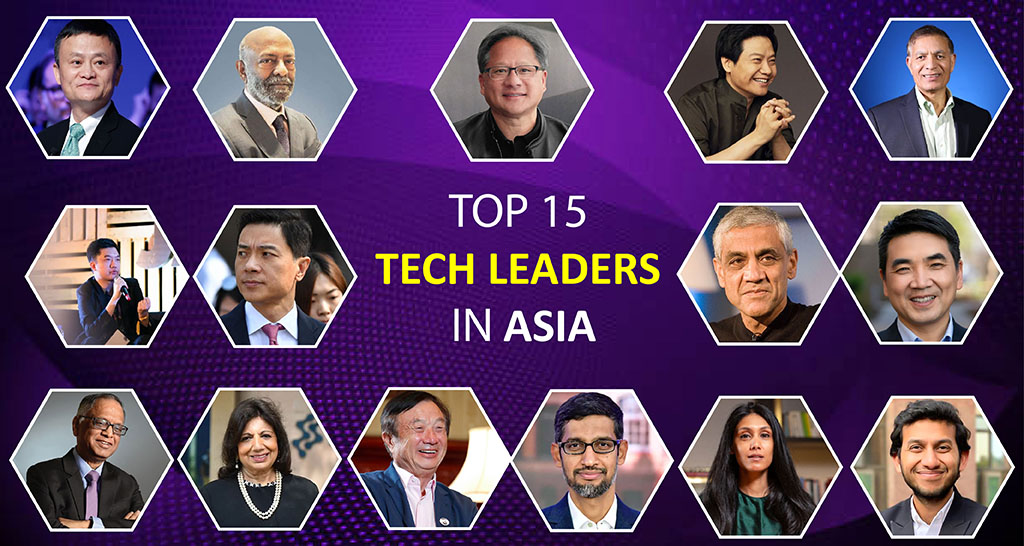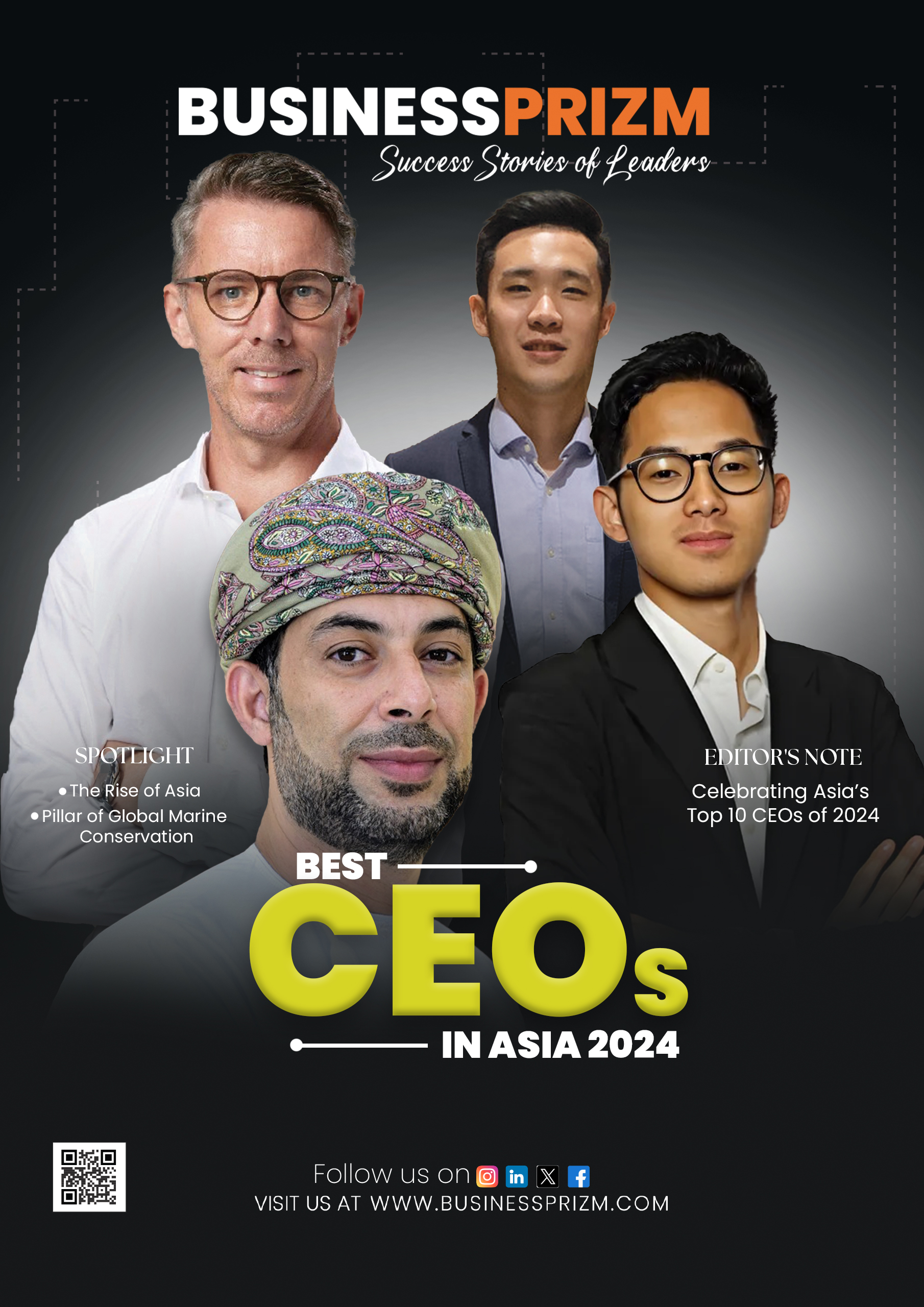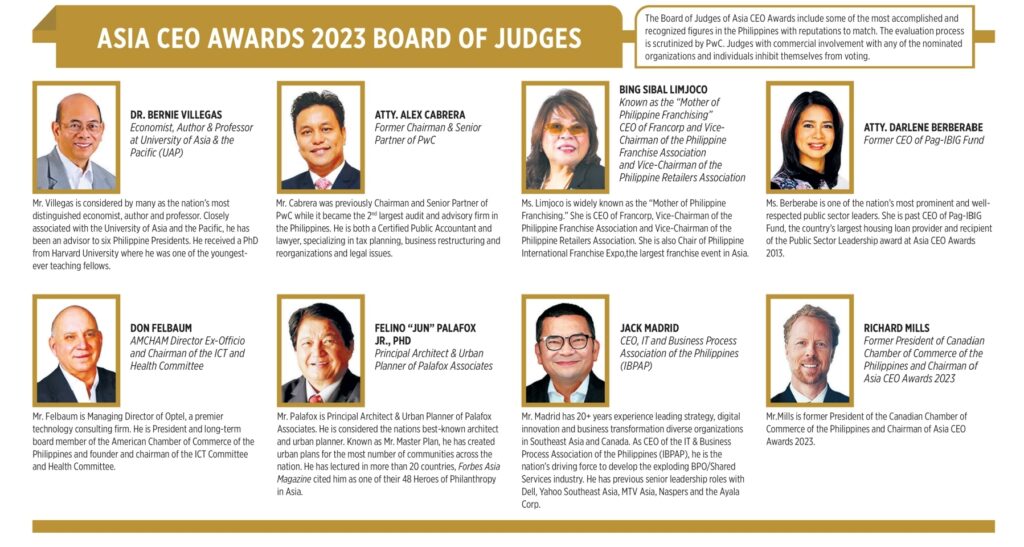Top 10 CEOs in Asia: Visionaries Shaping the Future of Business
Asia, home to some of the world’s fastest-growing economies, has seen the rise of many dynamic and influential leaders. These CEOs are not only shaping their companies but also driving the future of business innovation across industries. From tech giants to financial powerhouses, the following leaders stand out as some of the most impactful and forward-thinking executives in the region.

In this article, we will explore the top 10 CEOs in Asia, highlighting their achievements, leadership styles, and the companies they represent.
1. Mukesh Ambani – Reliance Industries (India)
Mukesh Ambani is the Chairman and CEO of Reliance Industries, India’s largest conglomerate. Under his leadership, Reliance has diversified into sectors such as petrochemicals, refining, telecommunications, and retail. Mukesh has played a significant role in the digital transformation of India, with his company’s Jio platform revolutionizing mobile internet access across the nation.
Key Achievements:
- Reliance Jio disrupted the Indian telecom market, providing affordable data services to millions.
- Reliance Retail is one of the largest retail chains in India, with a vast footprint across the country.
Ambani’s approach combines a keen understanding of technology with a focus on sustainability. His vision for a digital India continues to drive innovation across industries.
2. Jack Ma – Alibaba Group (China)
As the founder and former executive chairman of Alibaba Group, Jack Ma is one of Asia’s most renowned entrepreneurs. Ma led Alibaba from a small startup to one of the largest e-commerce companies globally, with a strong presence in cloud computing, logistics, and entertainment.

Key Achievements:
- Alibaba Cloud is now one of the top players in the global cloud computing space.
- Ma’s leadership helped Alibaba’s IPO become one of the largest in history.
Although he stepped down from the CEO role, Ma’s impact on the e-commerce and technology sectors remains profound.
3. Tadashi Yanai – Fast Retailing (Japan)
Tadashi Yanai is the CEO of Fast Retailing, the parent company of Uniqlo. Under his guidance, Uniqlo has grown into a global brand, known for its affordable yet stylish clothing. Yanai’s focus on technology and supply chain innovation has set Uniqlo apart in the highly competitive apparel industry.
Key Achievements:
- Expanded Uniqlo’s presence to over 20 countries, making it a global fashion giant.
- Pioneered the use of retail technology and AI-driven supply chain management.
Yanai’s leadership is built on a commitment to both innovation and sustainability, making Uniqlo a prominent player in global retail.
4. Pony Ma – Tencent (China)
Pony Ma is the founder and CEO of Tencent, one of China’s largest technology companies. Tencent operates in a wide range of sectors, from social media (WeChat) to gaming (Honor of Kings). Ma’s strategic vision has turned Tencent into a global tech powerhouse.
Key Achievements:
- WeChat, with over 1 billion monthly active users, is the world’s most powerful social media app.
- Tencent is a leading player in the global gaming market, with investments in major companies like Epic Games and Riot Games.
Ma’s leadership focuses on a user-centric approach and constant innovation, ensuring Tencent’s continued dominance in the tech industry.
5. Lee Jae-Yong – Samsung Electronics (South Korea)
As the vice chairman and de facto leader of Samsung Electronics, Lee Jae-Yong is one of the most influential figures in the tech world. Under his leadership, Samsung has remained at the forefront of innovation in mobile devices, semiconductors, and consumer electronics.
Key Achievements:
- Oversaw the launch of Samsung’s Galaxy smartphones, a direct competitor to Apple’s iPhone.
- Strengthened Samsung’s position in the semiconductor industry, becoming the world’s largest memory chip maker.
Lee Jae-Yong’s focus on cutting-edge technology and strategic diversification has kept Samsung competitive in the fast-changing electronics market.

6. Sundar Pichai – Google (India)
Sundar Pichai, CEO of Google and its parent company Alphabet, is one of the most influential tech leaders globally. His journey from an engineer at Google to the CEO of one of the world’s largest technology companies is a testament to his visionary leadership.
Key Achievements:
- Pichai has overseen the growth of Google’s core search engine and the expansion into cloud computing and AI.
- Under his leadership, Google AI has made tremendous strides, including the development of Google Assistant and TensorFlow.
Pichai’s leadership is marked by a focus on innovation, user experience, and diversity, making him one of the most admired CEOs globally.
7. Ratan Tata – Tata Group (India)
Although Ratan Tata stepped down as the chairman of Tata Group in 2012, his legacy as one of Asia’s most influential CEOs continues to inspire. Under his leadership, Tata Group expanded into new industries, including steel, automobiles, and information technology.
Key Achievements:
- Acquired iconic companies like Jaguar Land Rover and Corus Steel.
- Tata Consultancy Services (TCS) became one of the largest IT services firms globally.
Tata’s leadership was rooted in ethical business practices, and his commitment to innovation and social responsibility helped elevate Tata Group to global prominence.
8. Binny Bansal – Flipkart (India)
Binny Bansal, co-founder and former CEO of Flipkart, revolutionized e-commerce in India. Along with his partner Sachin Bansal, he built Flipkart into one of India’s largest e-commerce platforms, which was later acquired by Walmart for $16 billion.
Key Achievements:
- Flipkart was the first Indian startup to achieve unicorn status and later went on to become a leading online retailer.
- Successfully led the acquisition by Walmart, boosting Flipkart’s global reach.
Bansal’s ability to innovate and scale a business in a highly competitive market makes him a standout figure in Asia’s entrepreneurial landscape.
9. Nikkei Tanaka – Mitsubishi Corporation (Japan)
Nikkei Tanaka is the CEO of Mitsubishi Corporation, one of Japan’s most diversified conglomerates. Under his leadership, Mitsubishi has expanded its reach in industries such as energy, chemicals, and machinery.
Key Achievements:
- Expanded Mitsubishi’s footprint in renewable energy and sustainable technology.
- Focused on global strategic partnerships, including ventures in Asia-Pacific and North America.
Tanaka’s leadership style is focused on corporate sustainability, making Mitsubishi a major player in the energy and industrial sectors.
10. Tony Fernandes – AirAsia (Malaysia)
Tony Fernandes is the CEO of AirAsia, a low-cost airline that has revolutionized air travel in Asia. Fernandes took AirAsia from a struggling airline to one of the region’s most successful carriers, offering affordable travel options to millions.
Key Achievements:
- Turned AirAsia into the largest budget airline in Asia.
- Played a key role in the expansion of AirAsia X, the long-haul affiliate.
Fernandes is known for his innovative marketing, cost-cutting strategies, and focus on customer satisfaction, making him a leader in the aviation industry.
Conclusion
These top 10 CEOs are not just business leaders; they are visionaries who have shaped industries, driven innovation, and created lasting legacies. Whether in technology, retail, or aviation, their leadership has had a profound impact on Asia and the global economy.
For aspiring leaders, these CEOs offer valuable lessons in innovation, resilience, and strategic vision. Their stories are proof that with the right leadership, the possibilities for growth and success are limitless.
FAQs
Q1: What qualities make these CEOs successful?
Successful CEOs in Asia exhibit traits such as vision, resilience, and adaptability. They also have strong decision-making skills and the ability to inspire and lead diverse teams.
Q2: How have these CEOs impacted the global economy?
These leaders have influenced industries ranging from e-commerce and technology to aviation and finance, creating jobs, boosting innovation, and opening new markets in Asia and beyond.
Q3: Can their leadership styles be applied to other industries?
Yes, the leadership principles of strategic vision, focus on innovation, and sustainability can be applied across various sectors to drive growth and success.
By analyzing the paths these CEOs have taken, we can gain insights into the qualities that make them effective leaders and apply those strategies to various fields.
